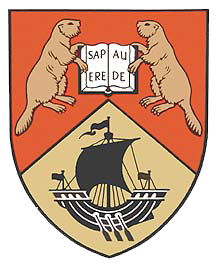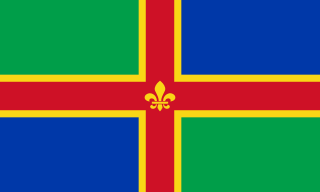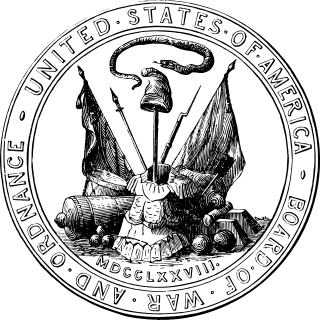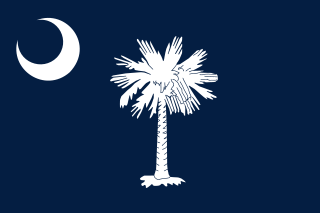
Fredericton is the capital of the Canadian province of New Brunswick. The city is situated in the west-central portion of the province along the Saint John River, which flows west to east as it bisects the city. The river is the dominant natural feature of the area. One of the main urban centres in New Brunswick, the city had a population of 56,224 in the 2011 census. It is the third-largest city in the province after Moncton and Saint John.

New Brunswick is one of four Atlantic provinces on the east coast of Canada. According to the Constitution of Canada, New Brunswick is the only bilingual province. About two thirds of the population declare themselves anglophones and a third francophones. One third of the overall population describe themselves as bilingual. Atypically for Canada, only about half of the population lives in urban areas, mostly in Greater Moncton, Greater Saint John and the capital Fredericton.

Guy Carleton, 1st Baron Dorchester, KB, known between 1776 and 1786 as Sir Guy Carleton, was an Anglo-Irish soldier and administrator. He twice served as Governor of the Province of Quebec, from 1768 to 1778, concurrently serving as Governor General of British North America in that time, and again from 1785 to 1795. The title Baron Dorchester was created on 21 August 1786.

Events from the year 1785 in Canada.
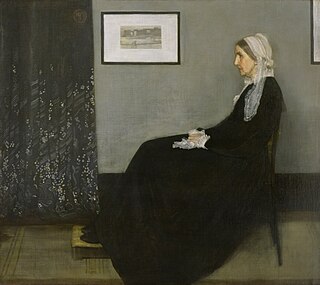
Anna MatildaWhistler was the mother of American-born, British-based painter, James McNeill Whistler, who made her the subject of his famous painting Arrangement in Grey and Black No.1, often titled Whistler's Mother.
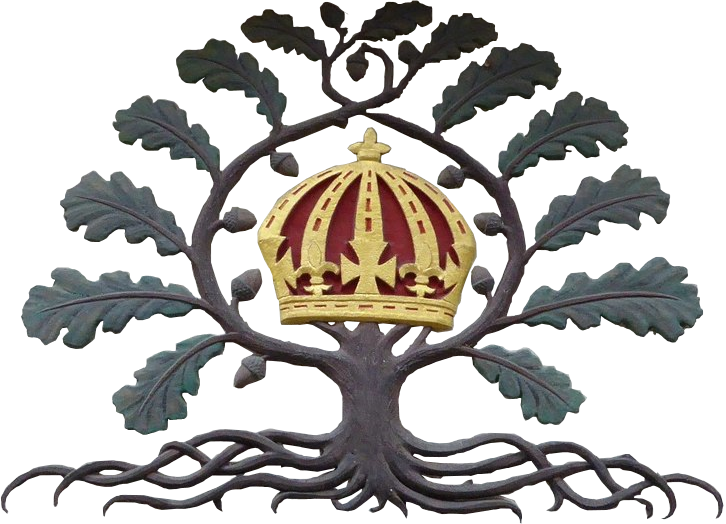
Loyalists were American colonists who stayed loyal to the British Crown during the American Revolutionary War, often called Tories, Royalists, or King's Men at the time. They were opposed by the Patriots, who supported the revolution, and called them "persons inimical to the liberties of America". Prominent Loyalists repeatedly assured the British government that many thousands of them would spring to arms and fight for the crown. The British government acted in expectation of that, especially in the southern campaigns in 1780-81. In practice, the number of Loyalists in military service was far lower than expected since Britain could not effectively protect them except in those areas where Britain had military control. The British were often suspicious of them, not knowing whom they could fully trust in such a conflicted situation; they were often looked down upon. Patriots watched suspected Loyalists very closely and would not tolerate any organized Loyalist opposition. Many outspoken or militarily active Loyalists were forced to flee, especially to their stronghold of New York City. William Franklin, the royal governor of New Jersey and son of Patriot leader Benjamin Franklin, became the leader of the Loyalists after his release from a Patriot prison in 1778. He worked to build Loyalist military units to fight in the war, but the number of volunteers was much fewer than London expected.
The history of Fredericton, New Brunswick, stretches from prehistory to the modern day.
Thomas Carleton was an Irish-born British Army officer who was promoted to Colonel during the American Revolutionary War after relieving the siege of Quebec in 1776. After the war, he was appointed as Lieutenant-Governor of New Brunswick, and supervised the resettlement of Loyalists from the United States in the province. He held this position until his death.
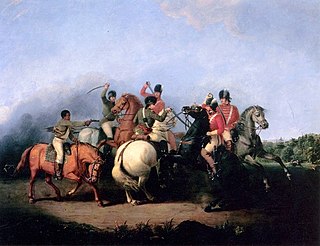
The Southern theatre of the American Revolutionary War was the central area of operations in North America in the second half of the American Revolutionary War. During the first three years of the conflict, the largest military encounters were in the north, focused on campaigns around the cities of Boston, New York, and Philadelphia. After the failure of the Saratoga campaign, the British largely abandoned operations in the Middle Colonies and pursued peace through subjugation in the Southern Colonies.

Lincoln is a Canadian suburban community in Sunbury County, New Brunswick.

Ward Chipman was a New Brunswick lawyer, judge, political figure and abolitionist. He briefly served as administrator for New Brunswick from 1823 until his death in 1824.
Edward Winslow was a loyalist officer and New Brunswick judge and official.
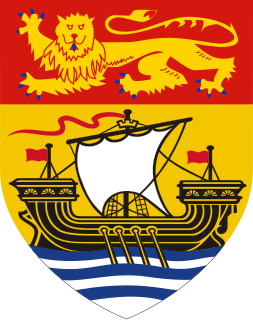
New Brunswick, is one of the three Maritime provinces in Canada, and the only officially bilingual province (English-French) in the country. The history of New Brunswick can be viewed according to four periods: pre-European contact, French colonization, British colonization and finally, New Brunswick since Confederation.
Zephaniah Kingsley Jr., a Quaker, was a planter, slave trader, and merchant who built several plantations in the Spanish colony of Florida in what is now Jacksonville, Florida. He served on the Florida Territorial Council after Florida was acquired by the United States in 1821.
Frederick Charles Squires was a lawyer and political figure in the Province of New Brunswick, Canada. He represented Carleton County in the Legislative Assembly of New Brunswick from 1925 to 1935 as a Conservative member.
The Hon. John Saunders (D.C.L.) was a British soldier, lawyer, and Chief Justice of the colonial Province of New Brunswick.

Jonathan Odell was a Loyalist poet who lived during the American Revolution.

During the American Revolution, those who continued to support King George III of Great Britain came to be known as Loyalists. Loyalists are to be contrasted with Patriots, who supported the Revolution. Historians have estimated that during the American Revolution, between 15 and 20 percent of the white population of the colonies, or about 500,000 people, were Loyalists. As the war concluded with Great Britain defeated by the Americans and the French, the most active Loyalists were no longer welcome in the United States, and sought to move elsewhere in the British Empire. The large majority of the Loyalists remained in the United States, however, and enjoyed full citizenship there.


